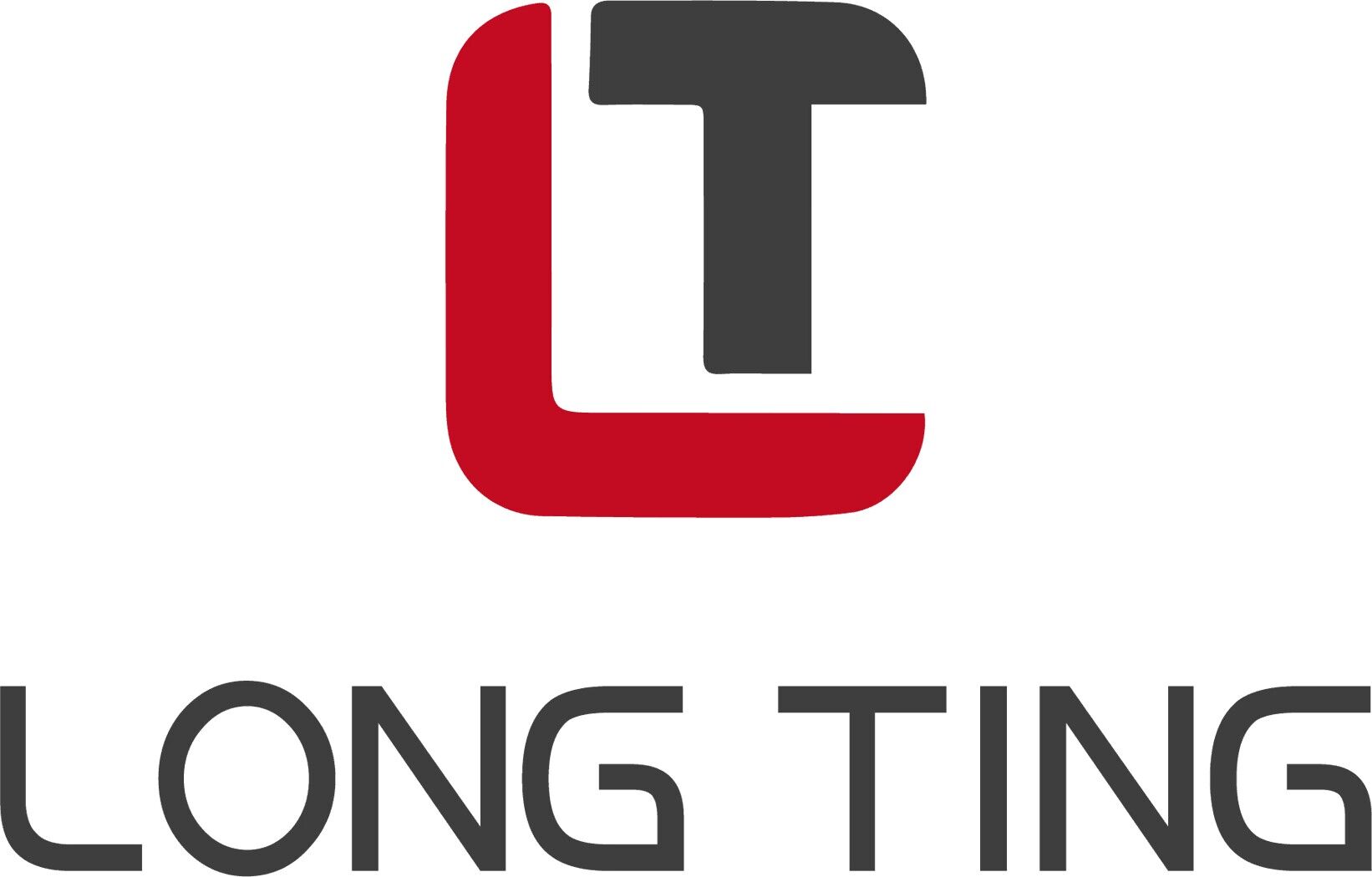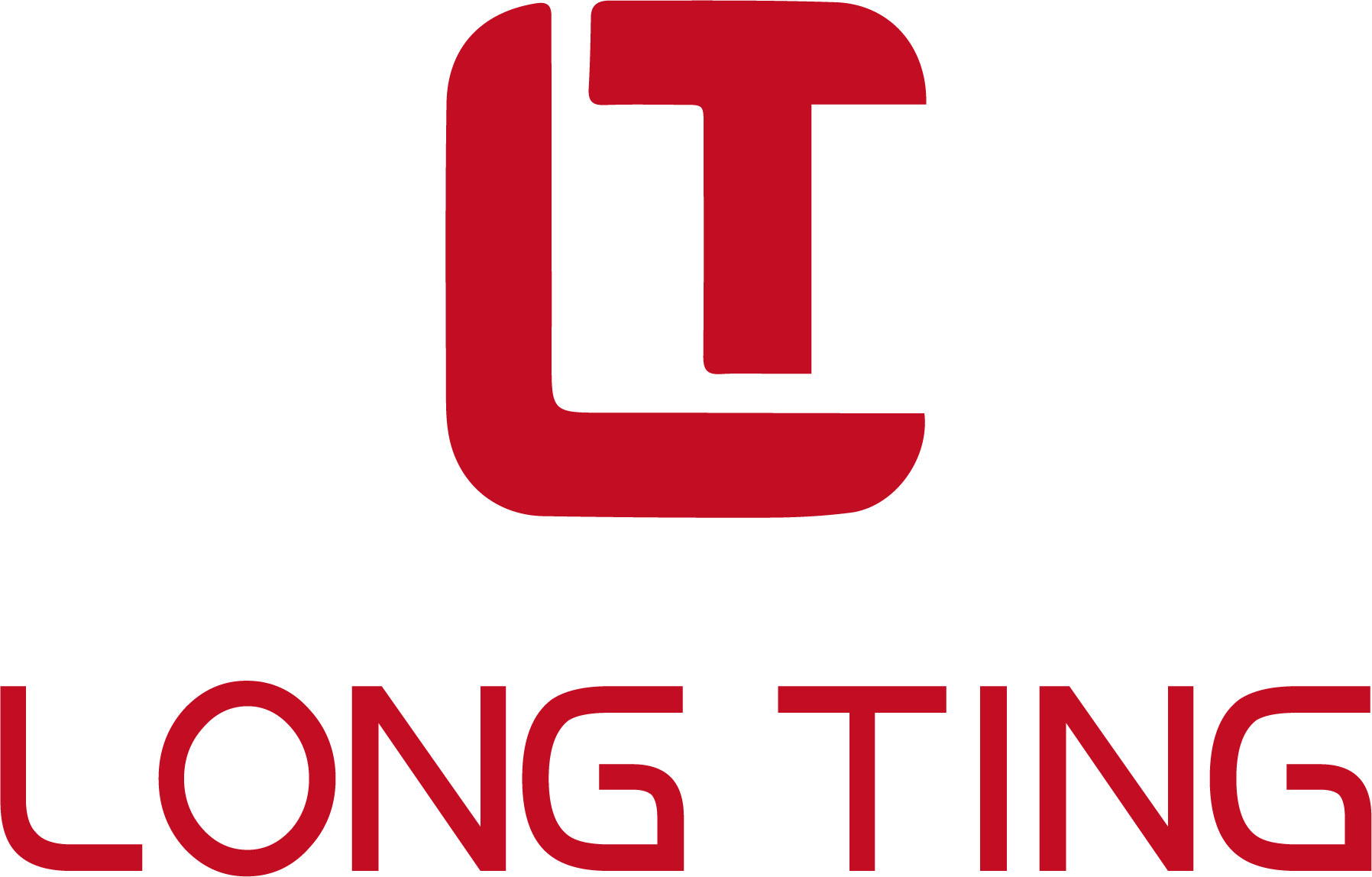- TSMC
TSMC was founded in 1987 in Hsinchu Science Park, Taiwan, and pioneered the business model of professional IC manufacturing services. TSMC focuses on producing chips designed by its customers and does not design, manufacture or sell its own branded chip products, ensuring that it never competes with its customers. The key to TSMC’s success lies in helping customers achieve success. TSMC’s professional IC manufacturing services business model has contributed to the rise of the global fabless IC design industry. Since its inception, TSMC has been the world’s leading professional IC manufacturing services company, producing 12,302 different products for 535 customers in 2021 alone, using 291 process technologies.
TSMC has many customers around the world and produces chips for a wide range of end markets, such as mobile devices, high-performance computing, automotive electronics, and the Internet of Things. Such diversified chip production helps to mitigate demand volatility, allowing the company to maintain high capacity utilization and profitability, as well as a solid return on investment for future investments.
TSMC has subsidiaries or offices in North America, Europe, Japan, China, and South Korea to provide real-time business and technical services to customers worldwide. By the end of 2021, TSMC and its subsidiaries will employ more than 65,000 people.
- Samsung
Samsung (English name: SAMSUNG; Korean name: 삼성그룹) is a Korean multinational conglomerate with businesses in electronics, finance, machinery, chemicals and other industries, founded by Lee Byung-cheol in 1938 and headquartered in Seongnam City, Gyeonggi Province, South Korea. The Samsung Group is a family business, with the Lee family being hereditary and its various Samsung properties being family-owned and managed by other members of the family.
Samsung, one of the “World’s Most Admired Companies”, has 230,000 employees in 429 locations in 68 countries around the world and initially exported dried fish, vegetables and fruits from the South Korean Peninsula.
Samsung is committed to complying with local laws and regulations, and strictly requires its employees to follow a global code of conduct. Samsung believes that ethical management is not only a way of doing business in response to the rapidly changing global business environment, but also one of the ways to build trust with various stakeholders, including customers, shareholders, employees, business partners and local communities. With the goal of becoming a global ethical model company, Samsung implements fair and transparent corporate management practices while continuously training its employees and implementing a monitoring system.
- Intel
Intel Corporation (Intel) is the largest independent semiconductor manufacturer in the United States, founded in August 1968. In the world’s semiconductor manufacturing companies firmly in the first place, its business activities to design and manufacture advanced large-scale semiconductor integrated circuit components and computer systems using these components. Since entering the nineties, Intel has shown an accelerated development trend, with annual sales, profits and total assets growing across the board, and earnings growth faster than sales growth, there is reason to believe that with the popularity of computers and the construction of the information superhighway, Intel’s prospects will be even brighter. Grove, the company’s president, introduced that the company will make every effort to push personal computers onto the information superhighway.


